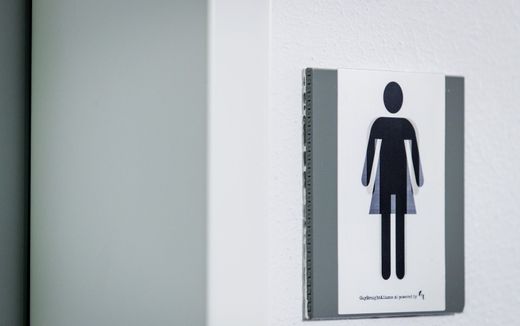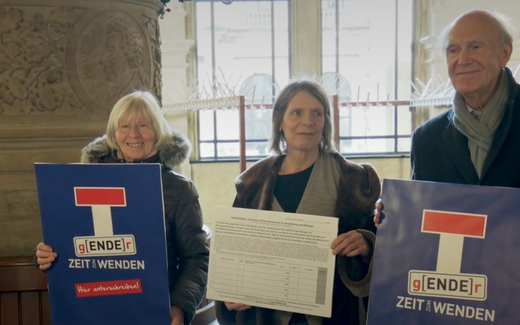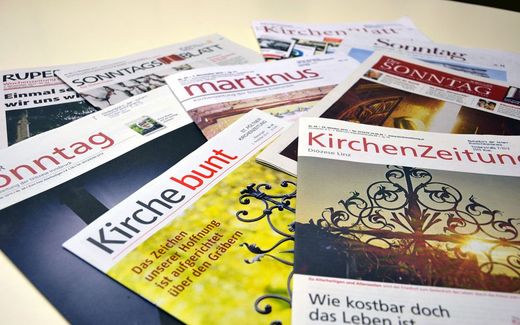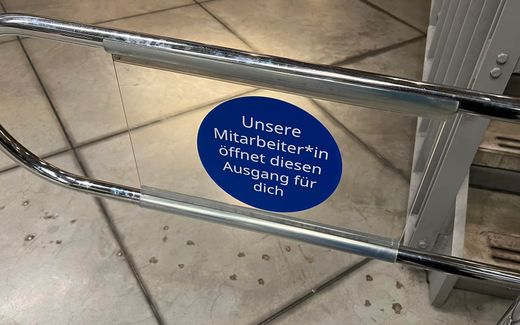Danish dictionary removes gendered words

Danish spelling dictionaries over time. Photo Facebook, Dansk Sprognævn
Northern Europe
Not only men can pursue a career, women do too. Therefore, the new Danish dictionary will include a new word: career woman.
Language develops, and therefore, the dictionary must grow alongside it, the Danish Language Board believes. Consequently, it will remove gendered terms from the dictionary as much as possible.
According to Margrethe Heidemann Andersen, the dictionary has not become woke. Instead, it "follows the policy agenda, which also leaves its mark on the language", she tells Politiken. The new edition of the dictionary will be published next year.
Sterotypical representation
The Danish Language Board has reviewed all words in the dictionary that end in mand (man), -kvinde (woman) and -person (person), Heidemann said to DR. "We reviewed them one by one to see if we should create a counterpart with the endings –woman, -man or possibly –person", she continued. In addition, the Language Board looked through the examples mentioned by some words in the dictionary "to ensure that they do not give a stereotypical representation of the genders."
The new dictionary edition will include several new words, such as "bestyrelsesforkvinder" (boardroom women), "finanskivinder" (financial women) and "handelskvinder" (businesswomen). Also, the word "karrieremænd" (career men) has been added, as the Guardian writes. At the same time, not all words that include the suffix –man, -woman, -person will be changed. For example, "nordmand", meaning Norwegian, refers to a human being rather than a man. Therefore, a female equivalent is not necessary, the Language Board ruled.
Changes
Henriette Laursen, director of Kvinfo, a knowledge centre specialising in women and equality, welcomes the changes. “The language develops in all sorts of ways, and of course the Spelling Dictionary must keep up with this”, she says to Kristeligt Dagblad.
Gendered language especially plays a role in the recruitment and hiring of employees, Laursen believes. "There are some professions where you can only recruit from half the population today. If it became more flexible, we could have a better society and earn more money", she explains. "You can ask the men who are chairmen today if they also would have applied for a job as front woman or garbage lady. Language matters for who you invite into individual jobs and who you keep out."
In addition, Laursen stresses that it is important to take the gendered connotation of certain words away. "We often use the word "violent man" instead of "violent person", so the masculine is connoted with something negative. We don't need that kind of boxy thinking and excessive importance of gender. I don't want to pre-determine that men are the ones who commit violence or that women do the housework."
Related Articles









